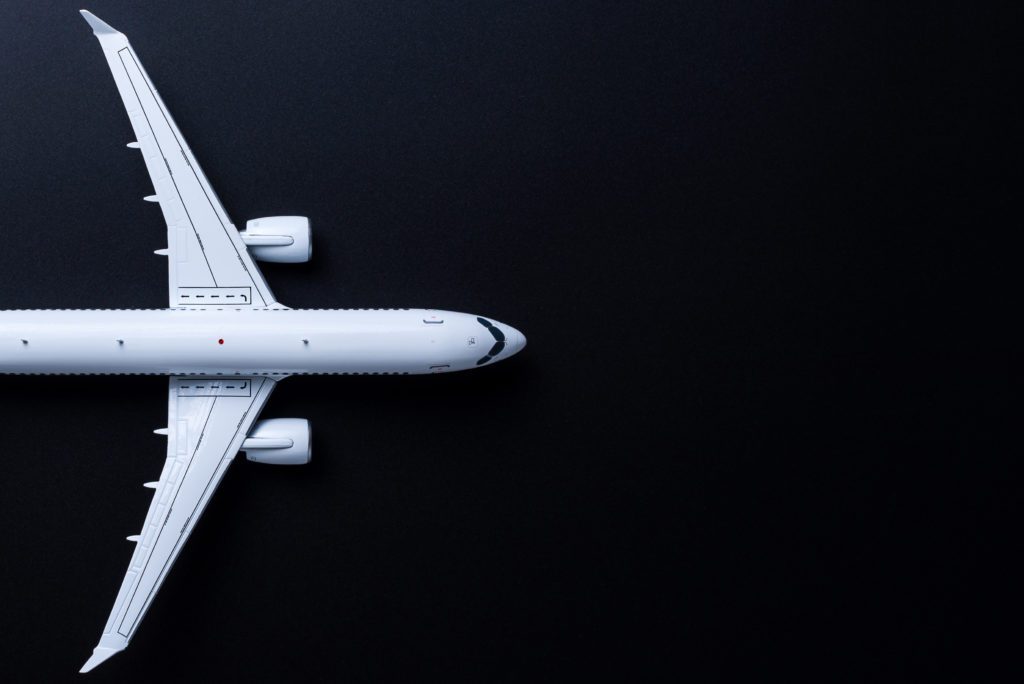
Like other industries over the past year and a half, air travel’s fortunes have been closely tied to the track of the pandemic. Things have perked up a bit recently. On a recent Sunday the Transportation Security Administration screened 1.34 million people, 86,000 over the same day a year earlier after the World Health Organization declared that we were in the midst of a pandemic. But the number of fliers on that Sunday was still 45% below 2019’s total. Although Europe and some other parts of the world are having trouble getting their vaccine programs moving, summer is a high point for vacations and air travel, so performance should continue to improve.
Government Assistance
Airways Magazine took a look at the longer-term future for airlines in a recent article, which drew on some insights from The Economist and the International Air Transport Association. The Association saw most of the world’s numerous airlines relying heavily on government assistance in these bumpy times. Surveys have shown people do desire to fly once the pandemic is generally over, but the outbreak of variants and their impacts seem likely to delay a full-fledged return to leisure air travel. Additionally, many businesses have adapted to less flying, using Zoom and other vehicles for meetings.
Climate Change
A longer-term issue confronts the airlines, though, one that many industries are facing – climate change. The aviation industry emitted about one billion tons of CO2 in 2019, or approximately 2.5% of total global emissions – almost as much as the entire continent of South America emits in a year. Additionally, a 2019 Ipsos study found that one in seven people would choose not to fly because of the airline industry’s impact on climate change through its carbon emissions.
The industry is looking at, and experimenting with, various remedies, including alternative fuels, aircraft design, and electric propulsion. A challenge for the latter is developing batteries that are powerful and long-lasting. However, smaller electric aircraft are already in the testing and demonstration stages and possibly could be used for short-distance routes.
What can you do?
For those who fly, there also are opportunities to participate in offset programs. For example, a flier can put money toward replanting trees, which absorb carbon dioxide from the atmosphere. Some airlines, as well as other organizations, offer offset programs. United Airlines, for example, offers its Eco-Skies CarbonChoice program through which the airline purchases carbon offsets “on behalf of [its] customers so all their corporate air travel with [United] is 100% carbon neutral.”
A phrase which has gained popularity is “flying is the new smoking,” implying of course that people should at a minimum be uncomfortable about getting on an airplane. However, air travel, in its early stages up until fairly recently, was seen not only as a great convenience but also early on as a way to help unite the world as people of all nationalities and backgrounds were much more able to interact. Charles Lindbergh’s flight across the Atlantic to Paris brought thousands of joyous French citizens out to greet him. Citizens of larger countries, such as the United States, could also more easily visit family and friends in distant states rather than taking days on a train or bus.
It is in the interest of all that the airline industry succeeds in finding alternatives to decrease its carbon footprint and keep the planes flying in a greener world.
.



